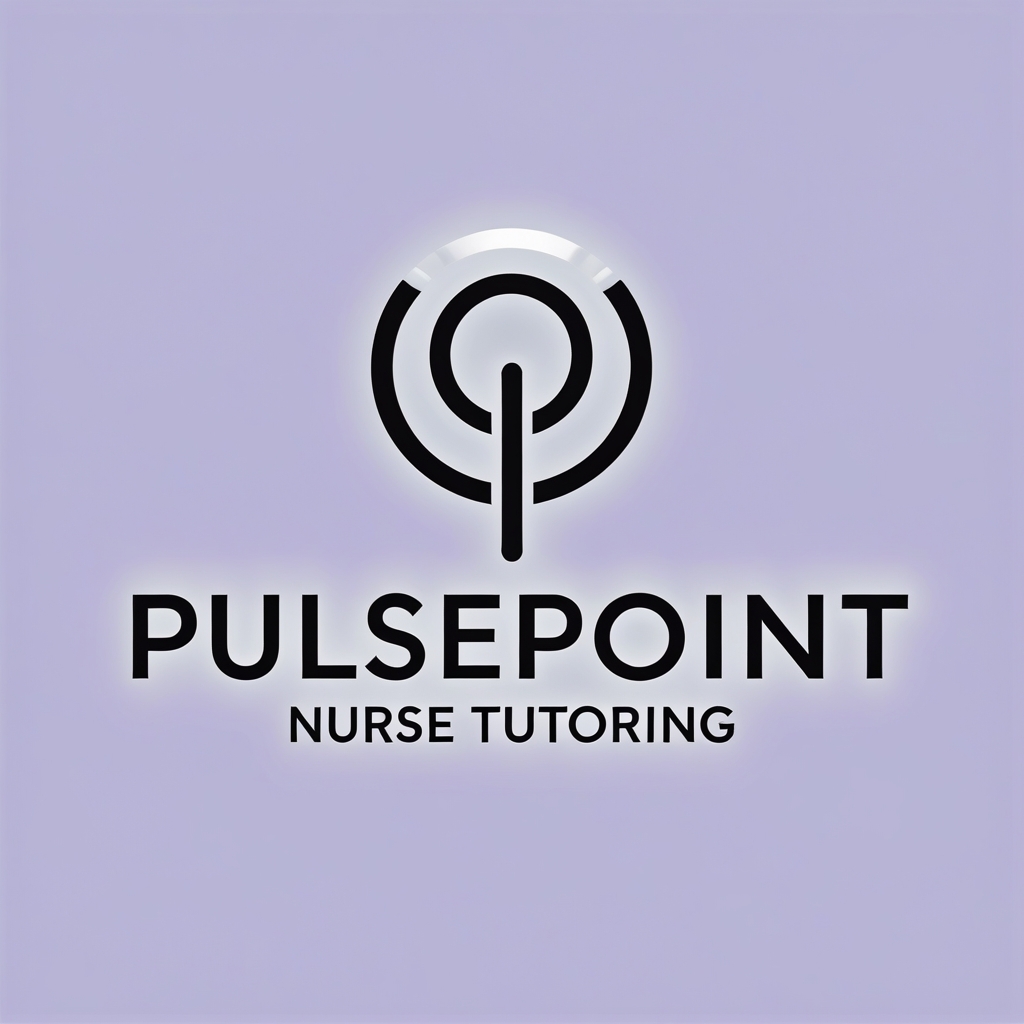Top 3 Mistakes Nursing Students Make in Assignments – And How to Avoid Them
- Sharon Stanton
- Aug 26, 2025
- 2 min read
Nursing students work incredibly hard — balancing study, placement, work, and life. But when it comes to assignments, many lose marks not because they don’t know the content, but because of avoidable mistakes. The good news? Once you know what they are, you can steer clear of them and give yourself the best chance at higher grades.
Here are the top three mistakes nursing students make in assignments — and simple strategies to avoid them.
1. Not Linking Theory to Practice
One of the most common pitfalls is writing a descriptive piece about what happened in placement or in a scenario without tying it back to nursing theory, frameworks, or evidence.
Markers aren’t only interested in what you saw or did — they want to see how you think as a developing nurse. Critical reflection and evidence-based reasoning show you can make safe, professional decisions.
How to avoid this:
Use reflective models (like Gibbs’ Reflective Cycle) to structure your writing.
Back up your points with evidence from journal articles, guidelines, or textbooks.
Explicitly link practice experiences to standards, frameworks, or theoretical concepts.
2. Weak Referencing and Academic Writing
Even if your content is excellent, sloppy referencing and writing can cost you easy marks. Students often rely too heavily on direct quotes, copy without paraphrasing effectively, or lose track of correct formatting using the preferred style. i.e. APA or Harvard style.
Your writing should communicate your knowledge clearly and professionally — this is a core nursing skill.
How to avoid this:
Use a referencing tool or manager, but always double-check against your university’s guide.
Practice paraphrasing in your own words rather than relying on quotes.
Leave time to proofread — check both grammar and reference details carefully.
3. Not Answering the Question Fully
Sometimes students write everything they know about a topic but forget to directly answer what’s being asked. Others skim the criteria and miss entire sections, meaning they lose marks no matter how well they write.
Assignment markers assess you against the rubric — so if you miss a section of the task, your grade will suffer.
How to avoid this:
Break down the assignment question with highlighters or bullet points.
Map your outline against the marking rubric before you start writing.
After drafting, check each paragraph to see if it directly answers part of the task.
Final Thoughts
Avoiding these three mistakes won’t just save you marks — it will build your confidence and set you up for success across your nursing degree.
Remember: strong assignments aren’t about writing more, but about writing with focus, evidence, and clarity.
If you’d like personalised support to take your assignments from pass to distinction, PulsePoint Nurse Tutoring can help.
We offer tailored sessions to build your skills in academic writing, referencing, and critical thinking — so you can approach every task with confidence.




Comments